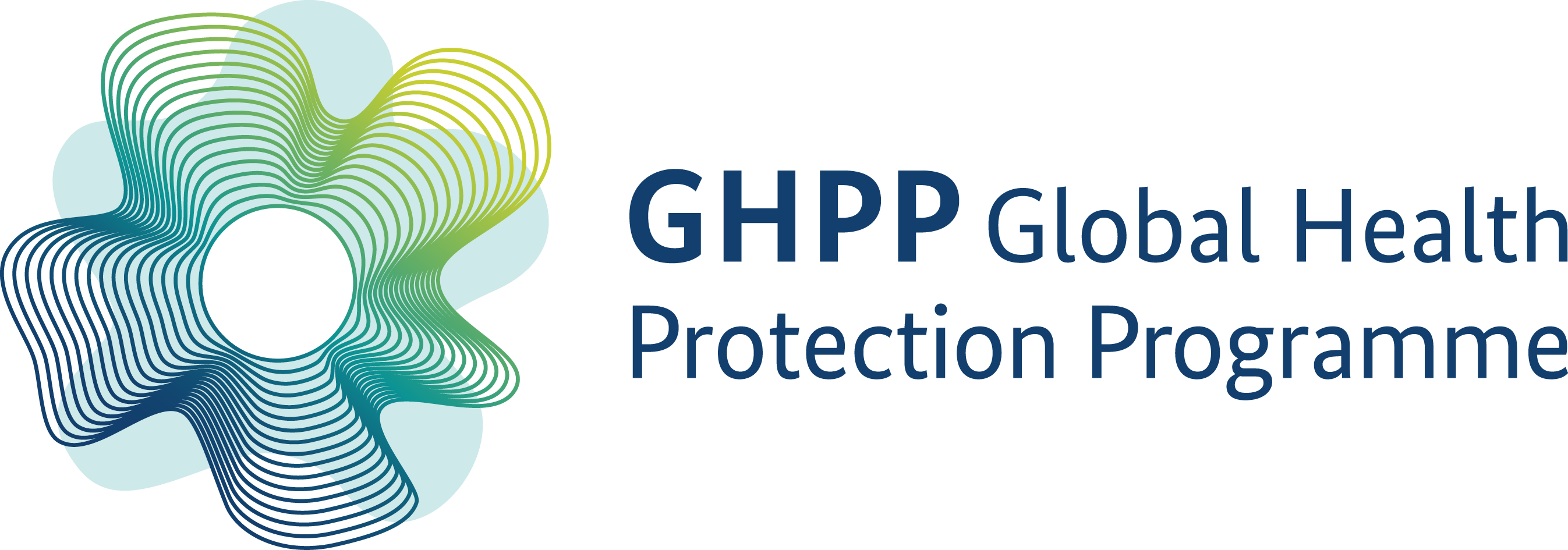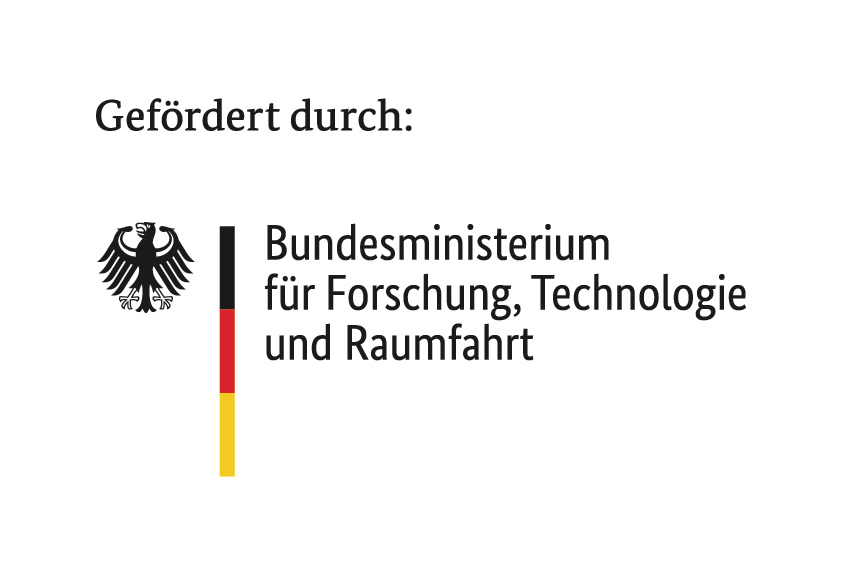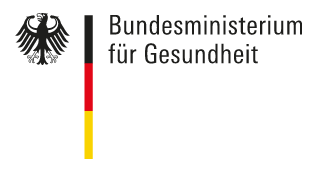„One Health“
AMR in environmental reservoirs and colonizing antibiotic resistant bacteria“-Improving antibiotic use in West Africa: exploring current situation and developing strategies for behavior change
Antibiotic resistance is rising to dangerously high levels in all parts of the world and becoming one of the largest threats to global health and food security. New resistance mechanisms are emerging and spreading globally, threatening our ability to treat common infectious diseases. Antibiotic resistance occurs naturally but is accelerated by poor infection prevention and control and above all by the inappropriate use and overuse of antibiotics. Epidemiological studies have demonstrated a direct relationship between antibiotic consumption and the emergence and dissemination of resistant bacteria. Antibiotic use is not limited to humans but is also widespread in livestock farming as growth promoters, as prophylaxis and to treat infections. The antibiotics used in livestock are ingested by humans when they consume food: molecular detection methods have demonstrated that resistant bacteria in farm animals reach consumers through meat products. The irrational use of antimicrobials is certainly a complex and multifactorial problem in developing countries, and a proper understanding of the problem is necessary for the development of effective control policies. Without behavior change, antibiotic resistance will remain a major threat, even if new medicines are developed.
The overall study is led by project partners from Heidelberg (HIGH) and France (IRD) in collaboration with the BNITM and all partners.
This project aims at understanding and quantify perceptions and uses related to antibiotics among health care workers, communities and livestock farmers and defining patterns of accessing and utilizing antibiotics. Further an intervention to improve awareness and understanding of antimicrobial resistance through effective communication, education and training using a stakeholder-driven approach shall be defined. The focus of our group within this project will be assessing baseline data on AMR pathogens along the food chain in Nouna, Burkina Faso and Kumasi, Ghana.
Partners:
- Kumasi Centre for Collaborative Research in Tropical Medicine (KCCR), Kumasi, Ghana
- Nogouchi memorial Institute for Medical Research (NMIMR), Accra, Ghana
- Council for Scientific and Industrial Research-Animal Research Institute, Accra, Ghana (CSIR-ARI)
- Nouna Health Research Centre (CRSN), Nouna, Burkina Faso
- Institute de Recherche en Sciences de la Santé (IRSS), Ouagadougou, Burkina Faso
- Centre International de Recherche-Devéloppement sur l’Elevage en zone Subhumide (CIRDES),
- Bobo Dioulasso, Burkina Faso
- French National Research Institute for Sustainable Development (IRD)
- Heidelberg University Hospital, Heidelberg Institute of Global health (HIGH)
Funding: Bundesministerium für Bildung und Forschung (BMBF) & French Research National Agency (ANR)













